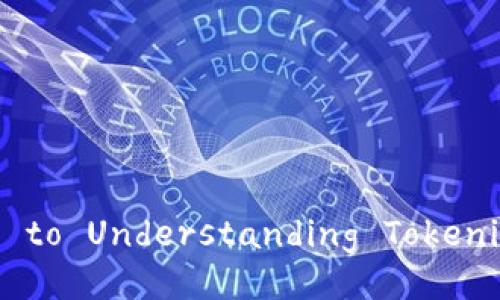Utility tokens are primarily used to access or pay for a service within an ecosystem, while security tokens represent ownership and are subject to securities regulations. For example, a token that enables access to a decentralized application (dApp) would be classified as a utility token. In contrast, a token that represents shares in a company would fall under the security token category. The distinction is crucial for regulatory compliance and investor rights.
Investors interested in tokens must understand this difference, as it impacts their rights and obligations. Security tokens generally provide holders with voting rights, dividends, or a share of the profits, while utility tokens do not carry such financial benefits. Furthermore, security tokens are often required to follow stricter regulations, ensuring investor protection and market integrity.
####
Tokenization creates liquidity by enabling assets that were previously illiquid to be traded freely on secondary markets. For instance, tokenizing real estate allows multiple investors to buy shares of a property, making it easier to sell their stake if they choose. Traditional real estate transactions can take weeks or months to complete; however, tokenized transactions can occur within minutes.
This enhancement of liquidity is vital for markets that have historically been slow or restricted, providing investors with more opportunities to enter and exit their positions as needed. Moreover, the ability to conduct smaller transactions through fractional ownership opens the market to a broader range of investors who may not have the capital to purchase whole assets.
####Tokenization brings new security challenges, such as risks related to smart contracts and potential attacks on blockchain systems. Smart contracts, which automate transactions, can contain vulnerabilities that malicious actors can exploit. If a smart contract is poorly coded or not audited properly, it opens the door for hacks that can lead to significant financial loss.
Additionally, while blockchain technology provides transparency, it is not immune to hacks. Centralized exchanges, where tokens are often traded, can be targets for cybercriminals. As a result, investors must ensure that they store their tokens in secure wallets and that they perform due diligence on the platforms they use.
####
Tokenization is revolutionizing the real estate market by making it more accessible and efficient. By allowing fractional ownership, tokenization lowers the barrier to entry for many investors who want to participate in the real estate market without needing substantial capital. This model opens up real estate investment to a wider array of participants, including those who may have been previously excluded.
Moreover, tokenization streamlines transactions by reducing the need for intermediaries, such as brokers and banks. Property owners can tokenize their assets and sell shares directly to investors through blockchain platforms, thus cutting transaction costs and time. This innovation not only makes the market more efficient but also increases transparency, enabling investors to track the history and ownership of a tokenized asset through blockchain technology. Overall, the integration of tokenization in real estate heralds a new era of democratized investment opportunities.
####Regulations play a crucial role in ensuring that tokenization is compliant, safe, and trustworthy. Different countries have established various frameworks for how tokens should be classified, whether as utility tokens, security tokens, or something else altogether. Navigating these regulations is essential for projects aiming to tokenize assets if they want to successfully raise funds and avoid legal issues.
Adhering to regulations helps protect investors from fraud and provides a level of assurance about the legitimacy of the tokens they are purchasing. Regulatory compliance can also enhance the standing of a project in the eyes of institutional investors, who often require compliance with strict legal standards before participating. As the market evolves, clearer regulations may emerge, creating a more structured environment for tokenization and paving the way for wider adoption across various sectors.
--- ### Conclusion Tokenization is reshaping the financial landscape, offering innovative solutions for asset ownership and investment. As technology and regulations continue to evolve, tokenization has the potential to revolutionize not only finance but many other industries as well. Understanding the fundamental concepts and implications of tokenization is imperative for anyone interested in the cryptocurrency space and the future of asset management.
leave a reply